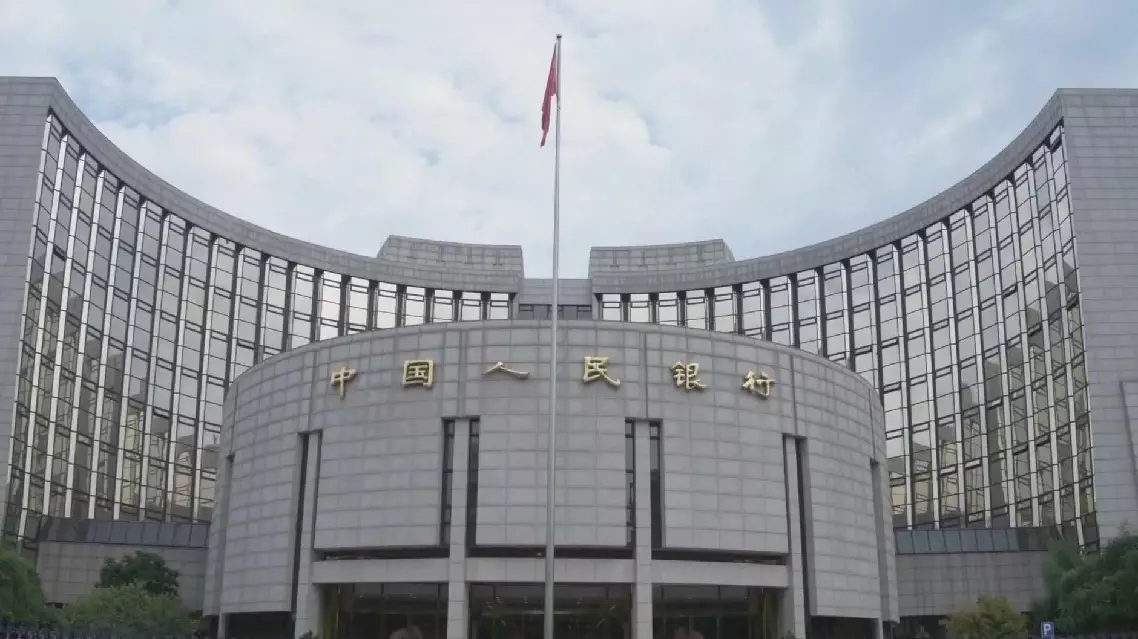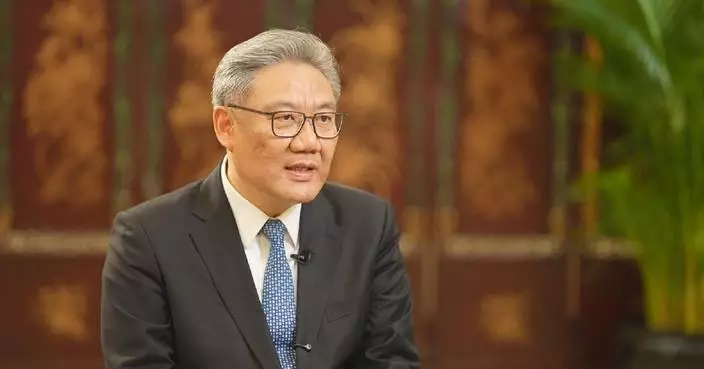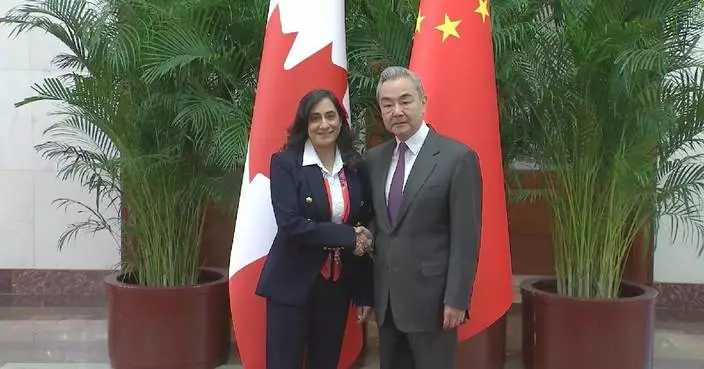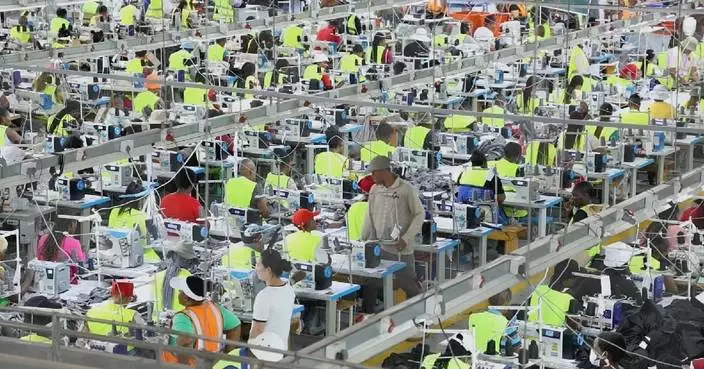Chinese Premier Li Qiang has signed a State Council decree to unveil the regulation on implementing the anti-foreign sanctions law, comprising 22 articles, set to take effect on Monday.
According to the regulation, China will enhance its countermeasures. It specifies the seizure, detention and freezing of "other types of assets," "relevant transactions, cooperation and other activities" that are prohibited or restricted as well as "other necessary measures" stipulated in the anti-foreign sanctions law.
China will also refine countermeasure procedures and strengthen coordination among various departments under the State Council, according to the regulation.
China will enhance the enforcement of countermeasures. The regulation stipulates that if countermeasures are not implemented in accordance with the law, relevant departments have the authority to mandate corrections and may prohibit or restrict certain activities of the involved parties.
Organizations and individuals subject to countermeasures may request suspension, modification, or cancellation of the imposed measures if they rectify their actions and mitigate the consequences, according to the regulation.
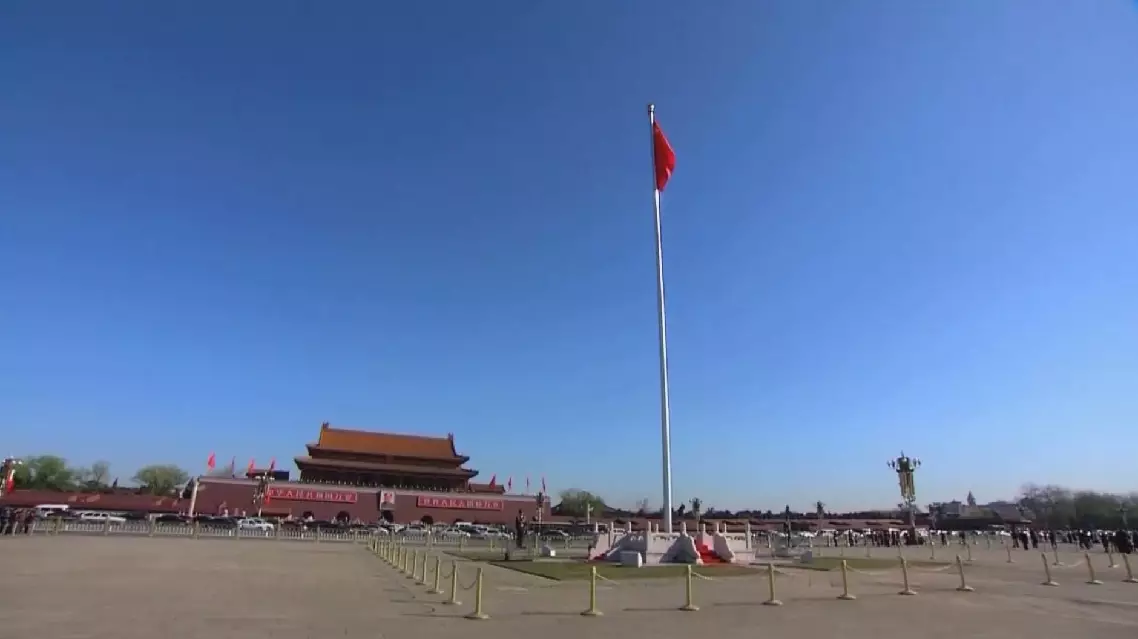
China unveils regulation on implementing anti-foreign sanctions law


